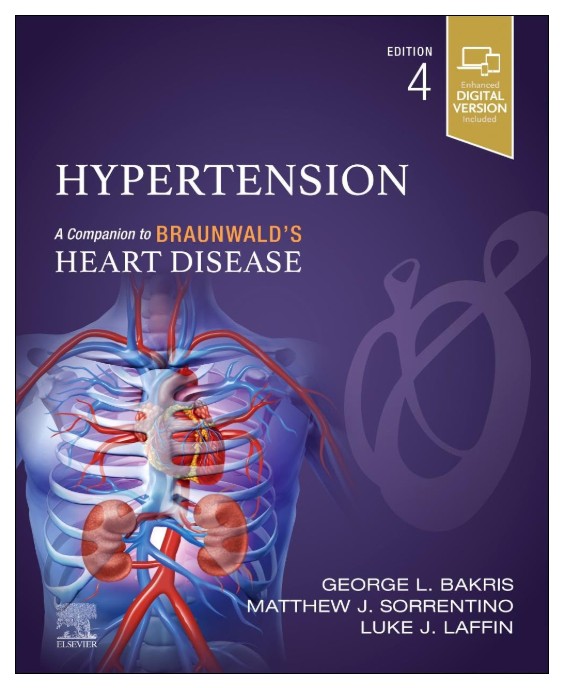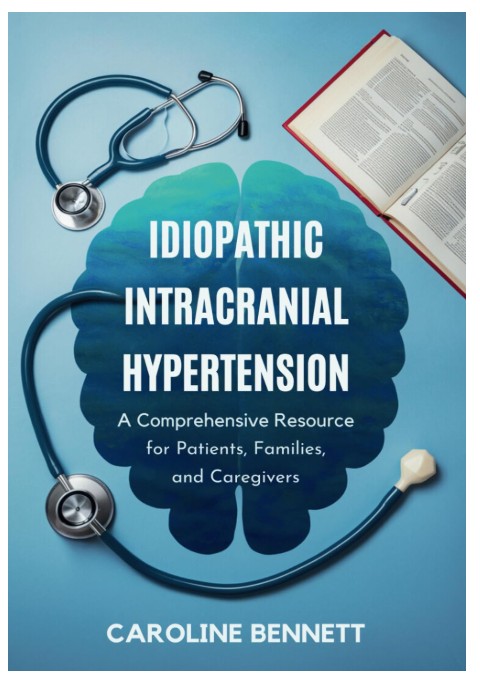Hypertension, commonly known as high blood pressure, and sleep disorders are two prevalent health issues that affect millions of people worldwide. Over the years, numerous studies have revealed a strong correlation between these two conditions. Understanding this connection is critical in managing and preventing severe health complications.
Hypertension is characterized by an elevated level of pressure exerted against the walls of the arteries. It’s a condition that often goes unnoticed due to its lack of noticeable symptoms. However, if left untreated, hypertension can lead to serious health problems such as heart disease and stroke.
On the other hand, sleep disorders refer to conditions that disrupt a person’s normal sleep pattern. These include insomnia (difficulty falling or staying asleep), sleep apnea (interrupted breathing during sleep), restless legs syndrome, narcolepsy, and others. Like hypertension, sleep disorders can significantly affect a person’s quality of life and overall health.
The connection between hypertension and sleep disorders lies primarily in the body’s need for restful sleep to maintain healthy blood pressure levels. When a person has disrupted or inadequate sleep, it can cause an imbalance in the body’s systems responsible for regulating blood pressure.
One clear example of this connection is found in Obstructive Sleep Apnea (OSA). OSA is characterized by repeated episodes of partial or complete blockage of the upper airway during sleep. These interruptions can cause drops in oxygen levels in the body leading to increased heart rate and blood pressure. Over time, this nightly increase can lead to persistent hypertension even during daytime hours.
Insomnia is another sleep disorder linked with hypertension. Chronic insomnia sufferers have been found more likely to develop high blood pressure over time compared with those who regularly get good quality sleep. The exact reason for this link isn’t entirely understood but stress hormone imbalances caused by lack of restful sleep may play a role.
Moreover, studies have shown that individuals with restless legs syndrome have higher chances of developing hypertension. The periodic leg movements associated with this condition can cause arousals from sleep leading to increased sympathetic nervous system activity, which in turn elevates blood pressure levels.
It’s worth noting that the relationship between sleep disorders and hypertension is bidirectional. This means that just as sleep disorders can contribute to the development of hypertension, having hypertension can also increase the likelihood of developing certain sleep disorders.
For instance, high blood pressure can lead to changes in kidney function, causing excessive nighttime urination – a condition known as nocturia. This condition often disrupts sleep and may contribute to the development or worsening of existing sleep disorders.
Understanding the connection between hypertension and sleep disorders underscores the importance of comprehensive health care. It highlights the need for healthcare providers to consider both conditions when treating patients with either disorder.
In conclusion, maintaining good sleep hygiene is an essential part of managing and preventing hypertension. It’s recommended for individuals experiencing persistent sleep problems to seek professional help promptly. Similarly, people diagnosed with hypertension should be screened for potential sleep disorders to ensure optimal management of their health condition.



